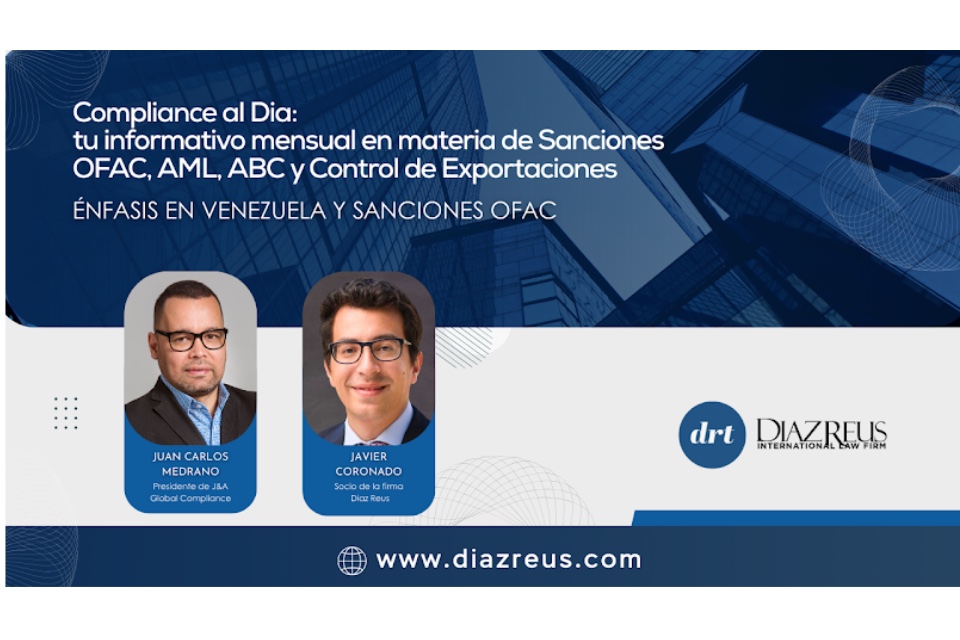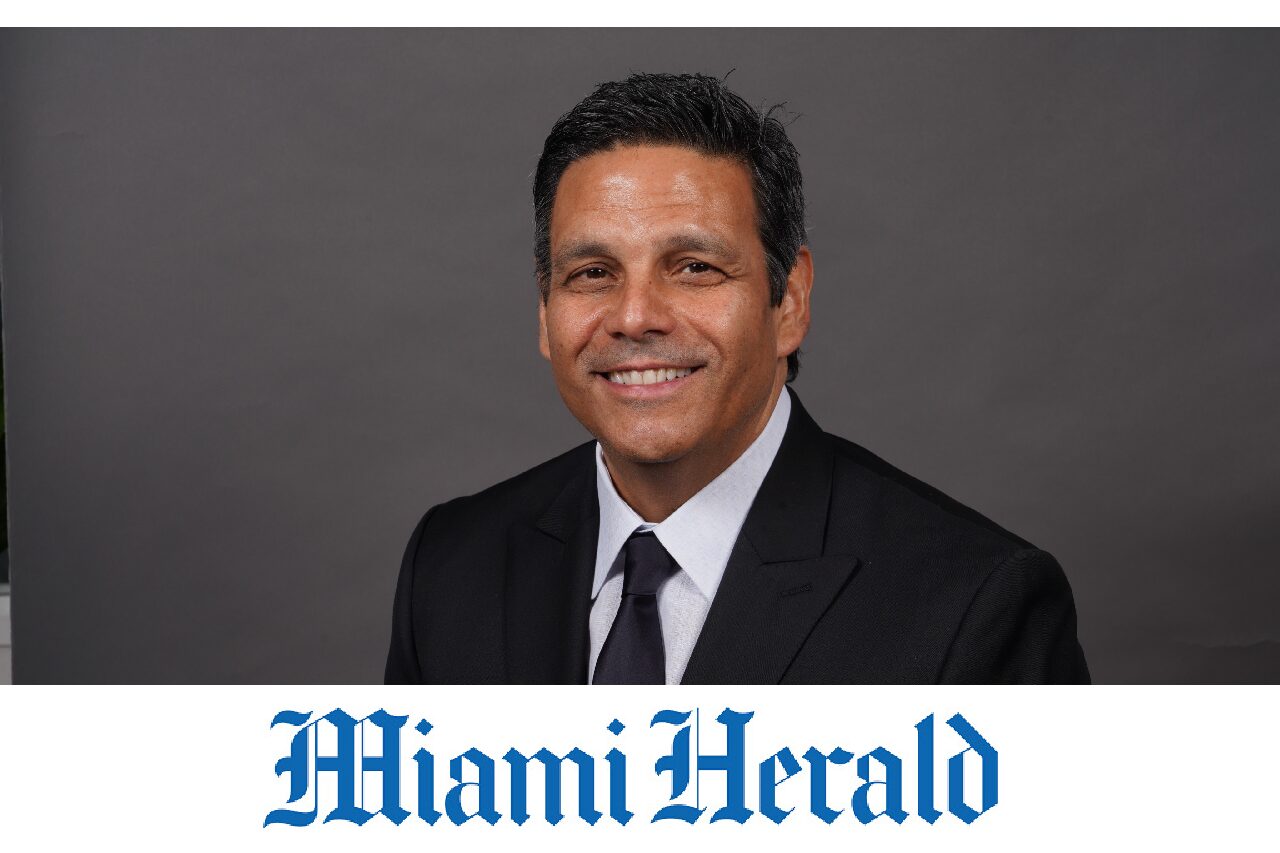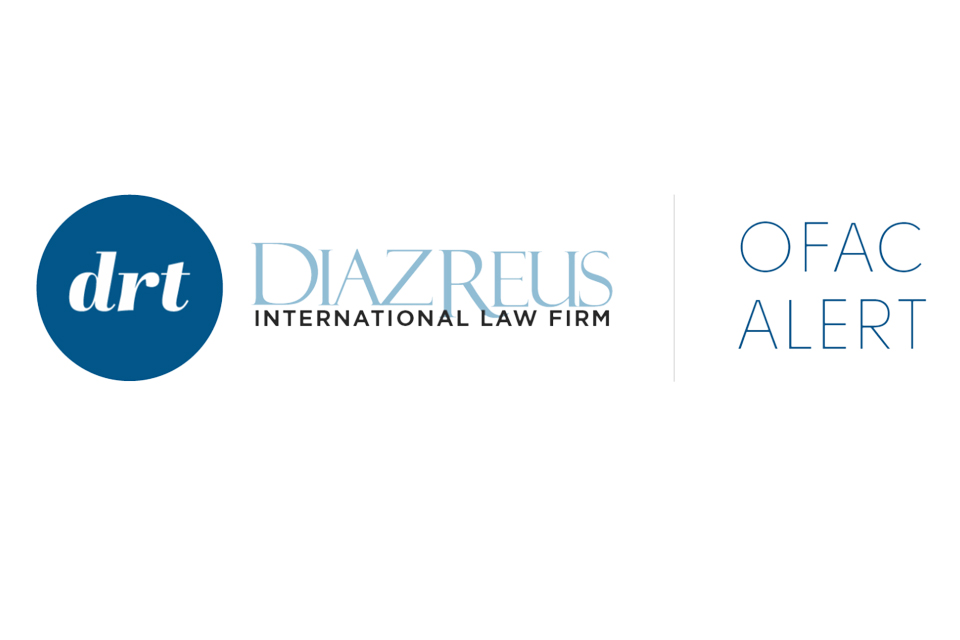By Jay Weaver
The fate of billions of dollars squirreled away in the bank accounts, luxury properties and exotic cars of convicted Venezuelan officials and their business cronies has become entangled in a colossal legal battle in Miami federal court.
On one side is Venezuela’s opposition party, struggling to recover vast sums of money stolen by senior officials in the Nicolás Maduro regime through bribery and financial schemes in its state-run oil company.
On the other side is the U.S. government, which — as long as Maduro remains in power — refuses to turn over any assets seized from the dozens of defendants charged with plundering Petróleos de Venezuela, S.A., and hiding the money in U.S. and European bank accounts.
The legal and political hurdles to any resolution are high.
For one thing, Maduro has shown little sign of losing his grip on the presidency amid Venezuela’s economic free-fall — despite being recently indicted on narco-terrorism charges by the U.S. Justice Department and the country’s national oil company, PDVSA, being placed on a Treasury Department sanctions list.
Moreover, secret negotiations between Justice Department lawyers and representatives of Venezuela’s opposition party headed by Juan Guaidó over how to distribute the PDVSA money have sputtered. The opposition’s lawyers admitted in a recent court filing that “it does not appear that such an agreement is near fruition at this time.”
That lack of progress has heightened the importance of a massive Venezuelan corruption case in Miami that could have repercussions for the future of Venezuela’s embezzled government funds.
“If it all hasn’t been spent on Ferraris and real estate, we’re talking about billions of dollars at stake,” said Russell Dallen, a lawyer and investment manager with businesses in South Florida and Caracas, who has followed the series of Venezuelan money-laundering prosecutions in Miami and Houston. “The money was all stolen from PDVSA.”
The Miami case accuses PDVSA officials, businessmen close to Maduro’s regime and other associates of converting a $40 million loan to the national oil company into a $600 million windfall in 2014 and 2015 through a favorable currency-exchange system available only to political insiders.
Of the nine defendants charged in the case, three have pleaded guilty, including Abraham Edgardo Ortega, the former executive director of financial planning at PDVSA. He admitted pocketing $12 million in bribes for helping shell companies make sham loans to the state-run oil enterprise so they could be repaid through the government’s preferred currency-exchange system. A federal judge has already allowed the federal government to forfeit Ortega’s millions as part of his plea agreement.
Last year, his individual case opened the door for the Venezuelan government to step into the fray in the hope of recovering not only Ortega’s illicit payments deposited in South Florida, but also all the money that the government claims it lost resulting from his corrupt conduct as a senior oil official.














